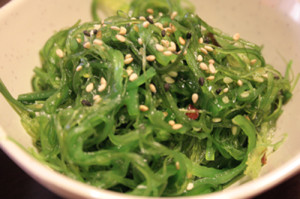South Korea has done everything big on coronavirus.
 Now, over 300 drones have taken to the sky in South Korea to remind people of the importance of practicing social distancing and handwashing.
Now, over 300 drones have taken to the sky in South Korea to remind people of the importance of practicing social distancing and handwashing.
This resulted in a spectacular display over the Han River on Saturday.
The drones formed a white face mask and red circles were used to symbolize coronavirus particles, which has claimed the lives of almost 300 people in the country.
Messages of support and images of medical workers also appeared in the 10-minute display that was organized by the Ministry of Land, Infrastructure, and Transport.
One of the displays said “ThanksToChallenge”, which made reference to a South Korean social media campaign that was created to show thanks to healthcare workers in the county.
There were no crowds watching the event because it was not advertised ahead of time.
The government captioned a video of the event on YouTube: “Thank you for the efforts of the people and medical staff.
“We express our gratitude and respect to all who suffer from Covid-19.”
This display comes after South Korea was praised for its response to the virus, quickly containing the initial outbreak, although the country has experienced sporadic cases since – caused by small gatherings and door-to-door sales practices.
According to the Mirror, South Korea has reported just 68 cases of coronavirus today and 33 of them are imported.
However, the country is preparing itself for a potential second wave of infections and this drone display was undoubtedly a timely reminder to its citizens that they are not out of the woods yet.
Vietnam too.










